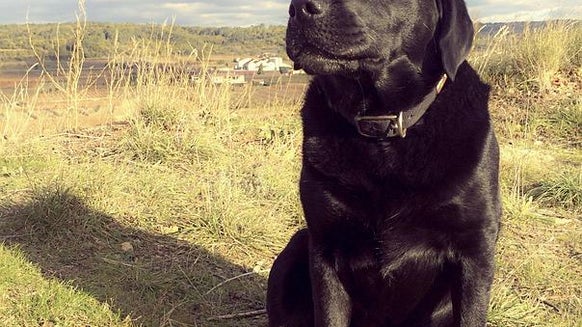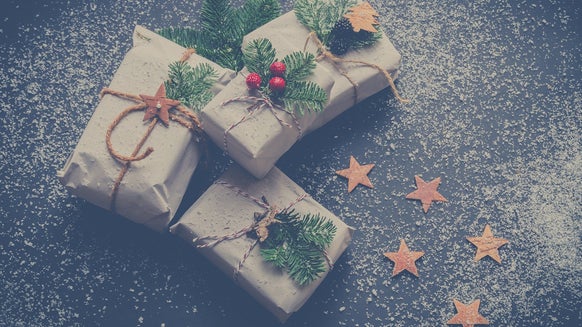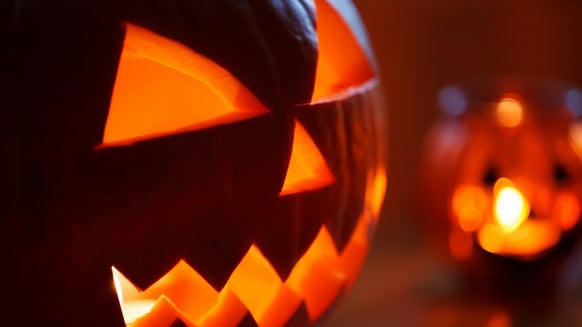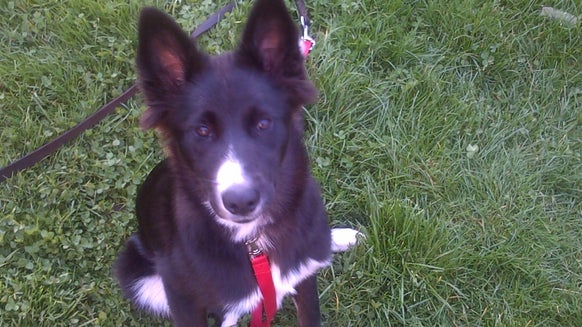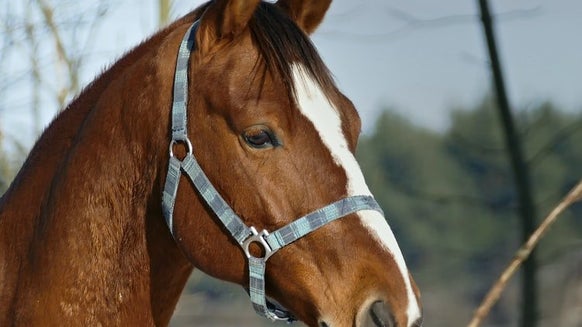How to Prepare for a New puppy
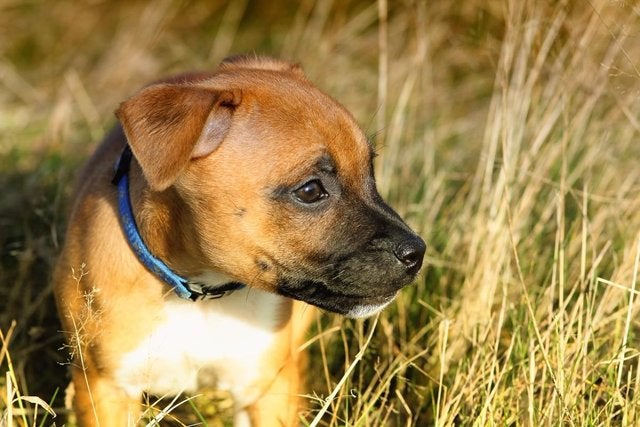
Owning a dog can bring such joy to your life, but it's not without a lot of hard work, responsibility and patience...especially when you give a new puppy a home. Too often young dogs find themselves up for adoption simply because their owners were unaware of the dedication involved in bringing up a happy, healthy, well-behaved dog. It can be a heart-wrenching decision to rehome your dog, so we are here to give any potential new owners out there some advice on what to consider before deciding to give a puppy a home.
Preparing for a New Puppy
Having spent the first 8 weeks or so with its mother and litter mates, the transition from their birthplace to their new home can be a stressful time for a young puppy. Ensuring you prepare your family and home for their arrival is therefore very important.

Preparation for a new puppy checklist
- Decide on a name for your new puppy. This will be one of the first things he will learn.
- Decide where your new puppy is going to sleep and have a suitable bed ready with a blanket or an old jumper. Many people choose to place the bed in the kitchen, where the floor is easy to clean and the area is free from draughts.
- However, many puppies struggle to cope with separation from their mum and littermates, and are much happier sleeping with humans in their bedroom (in an indoor kennel if necessary) until they are older. They can be gradually moved onto the landing and/or downstairs if preferred.
- Ensure you have all the necessary equipment such as a feeding bowl, a water bowl, newspaper, a couple of safe toys, suitable grooming equipment for the coat type, a lead, collar and name tag, and a supply of food he is used to (ask the breeder or previous owner).
- Ensure the home environment is safe. 'Puppy proofing' is wise to avoid any unnecessary accidents. Remove anything that you would not wish to be chewed, particularly electrical flexes and also ensure that garden fencing and gates are secure.
The first day with your new puppy
- When you collect the puppy, it is best for two people to make the journey so that someone can hold the puppy in the car. It may be a good idea to take some newspaper in case he is travel sick.
If you have bought a puppy from a breeder, make sure that you get all the relevant paperwork - such as the Kennel Club registration forms, microchip registration details, pedigree certificate, dietary advice sheet, worming and vaccination details - at the time of collection. Remember that from April 2016 in England, Wales and Scotland, all dogs must be microchipped before first change of hands. It is the responsibility of the new owner to ensure that (unless the previous keeper has already done so) they record their full name, address and contact telephone number and any change in the dog’s name with the database on which the dog’s details are recorded - If your puppy has come from a rehoming centre, ensure that you listen carefully to any instructions given by the staff. If your puppy has already been vaccinated you should receive a certificate, as well as details relating to any medical treatment that he may have received. You should also receive literature relating to feeding, basic training techniques and advice regarding future health care. Most rehoming centres will be happy to give follow up advice and support, should you require it.
- For the children in the family, this will be a very exciting time. It should be explained that the puppy is not a toy and that he needs to sleep undisturbed. This is a good opportunity to teach your children about responsible dog ownership.
Settling Your Puppy Into The Family
Once you have chosen your puppy, prepared for their arrival, and brought them home, the hard work begins! Always remember that a puppy is like a young animal - they won't know their boundaries until you teach them, and it will take some time for them to learn. Patience is a virtue!

Training your new puppy
Obtain a book which can assist you with basic training techniques or read the Basic Dog Training, Socialisation and Housetraining factsheets on the Dogs Trust website. - The puppy is bound to feel confused at first. Be gentle and kind and allow him time to settle in his new surroundings. Introduce him to the areas of the house where he is allowed to go and show him where his bed and bowls are located.
- Make enquiries with your local vet about reputable puppy socialisation and training classes. Visit the class to ensure it will suit both you and your new puppy. Remember a good class will get booked up quickly, so you may need to register in advance. Some classes will take puppies after their first vaccination.
- Training your puppy should start straight away to avoid him developing bad habits. Teach him what is acceptable. Make clear and simple commands and show him what you want him to do. Lessons should be short and at regular intervals. Remember - always reward good behaviour, and ignore ‘bad’ behaviour.
- Play is essential and can be used to reward good behaviour. It will also give you the opportunity to build a good relationship with your dog.
- Most puppies are anxious to please; therefore rewarding good behaviour is far more effective than punishing him for a poor performance.
- If you don’t have an older dog in the home, try to find friends or family with a friendly, calm dog and let them have time together to play and interact on a regular basis. All puppies and dogs need frequent, safe interaction with other dogs to stay happy and healthy and learn normal dog behaviour.
- To housetrain quickly, you will need to take your puppy outside hourly. Puppies have very weak bladder control and will need to relieve themselves regularly throughout the day. There is a fairly set pattern to this: immediately after waking, after exercise or play and after each meal. Always choose the same place in the garden. Remain with the puppy until he has performed and then give him plenty of generous praise. It is essential that he links the chosen area in the garden with reward. Remember accidents will happen. If you catch your puppy in the act, simply take him outside and then praise him for his efforts. Never shout or hit the puppy as this will cause confusion and is likely to make matters worse.
- Place a suitable collar on your puppy and allow him time to get used to it. Remember to fasten it up tight enough, so that he cannot pull it over his head, but remember to make adjustments as he grows. Attach the lead and gently encourage the puppy to follow you, using praise. If he struggles hold the lead until he realises that there is no escape, then gently coax him to move forward again.
Feeding and exercise
- Feed your puppy at regular intervals (at least four times) throughout the day. Some puppies may develop an upset stomach during the first few days in a new home. Stick with a diet that the puppy is used to and avoid offering a variety of rich foods or overfeeding during these early days.
- It is essential that your puppy is provided with a carefully balanced diet containing high quality ingredients. The amount each puppy needs will vary with age, size, breed and activity levels. Ask your vet for advice on which diet will suit your puppy.
- Your puppy will receive all the exercise he needs in the house and garden during the first few weeks. Over-exercise at an early age, particularly in some larger breeds, can lead to problems with bone development, if extra care is not taken.
- Just like a new baby, your puppy will need plenty of rest and sleep during the early stages. The new puppy should be encouraged to rest regularly. It is also important for your puppy to gradually learn to spend short periods of time alone, so that he doesn't develop separation problems as he gets older. If you have another dog, or a friendly cat in the home, who will be around when you’re not there, encourage them to bond as this makes it much easier for your puppy to cope.
- Avoid letting your puppy climb the stairs or furniture and any other strenuous activity that may cause injury.
Puppy Healthcare
As well as the time, dedication and patience required to properly care for your new puppy, there is expense to consider. As well as good food and appropriate equipment and accessories, there are vet bills to consider. Before you bring your new puppy home, you will need to prepare for the following.
- Register your puppy with a local vet and have him checked over as soon as possible - don't wait for an emergency.
- Routine healthcare is very important and should begin when your puppy is young and be maintained throughout his lifetime.
- Should your new puppy show any signs of illness, ensure you seek early veterinary advice.
- Make enquiries regarding pet insurance. Veterinary treatment can be expensive, particularly when you least expect it. Most rehoming organisations and good breeders subscribe to an insurance scheme, which offer six weeks free insurance cover for the puppy in his new home, but it is up to you to renew the policy after this time.
- If your puppy is not vaccinated ask your vet's advice as to the best age for the puppy to start the course. If possible, allow your puppy a week to settle in before making the appointment.
- It is also important to maintain a strict worming and flea treatment regime, particularly during the puppy's first year. Your vet will advise you with regard to what preparations he will need and how often they should be used.
- It is important for you to accustom your puppy to being examined regularly. Gently and regularly check his entire body including his ears, mouth, eyes, and paws. This will allow you to check your pet's general health and also make it easier should you need to administer any veterinary treatment that may be necessary in the future.
- Ask the breeder or Rehoming Centre staff about coat care and grooming equipment for the particular breed. Not only is regular grooming beneficial to the dog, it also helps build a good relationship between the two of you. Train the puppy to stand quietly and reassure him throughout the procedure. Try to make this an enjoyable experience for the puppy and remember to give plenty of praise and rewards for good behaviour.
- Only bath your puppy if necessary. This should be done with warm water and a mild shampoo. How often your puppy should be bathed, will depend on the breed and coat type.
- By eight weeks of age, your puppy will have a complete set of temporary teeth. Between the ages of three and six months the puppy will shed its baby teeth to allow for the adult teeth to come through. Dental care should start as soon as possible. Toothbrushing, when done regularly, is the most effective way of removing plaque from your dog's teeth and keeping the gums healthy. You may find that your puppy will want to chew everything. Try to avoid leaving any objects lying around that you would not want to be chewed. Provide the puppy with his own safe chew toys.
Dogs Trust is the UK's leading dogs charity, formed in 1891. There are 20 rehoming centres nationwide and the charity rehomed almost 15,000 dogs last year, and cared for over 17,000 dogs. Find out more about Dogs Trust and the work they do by clicking here.


